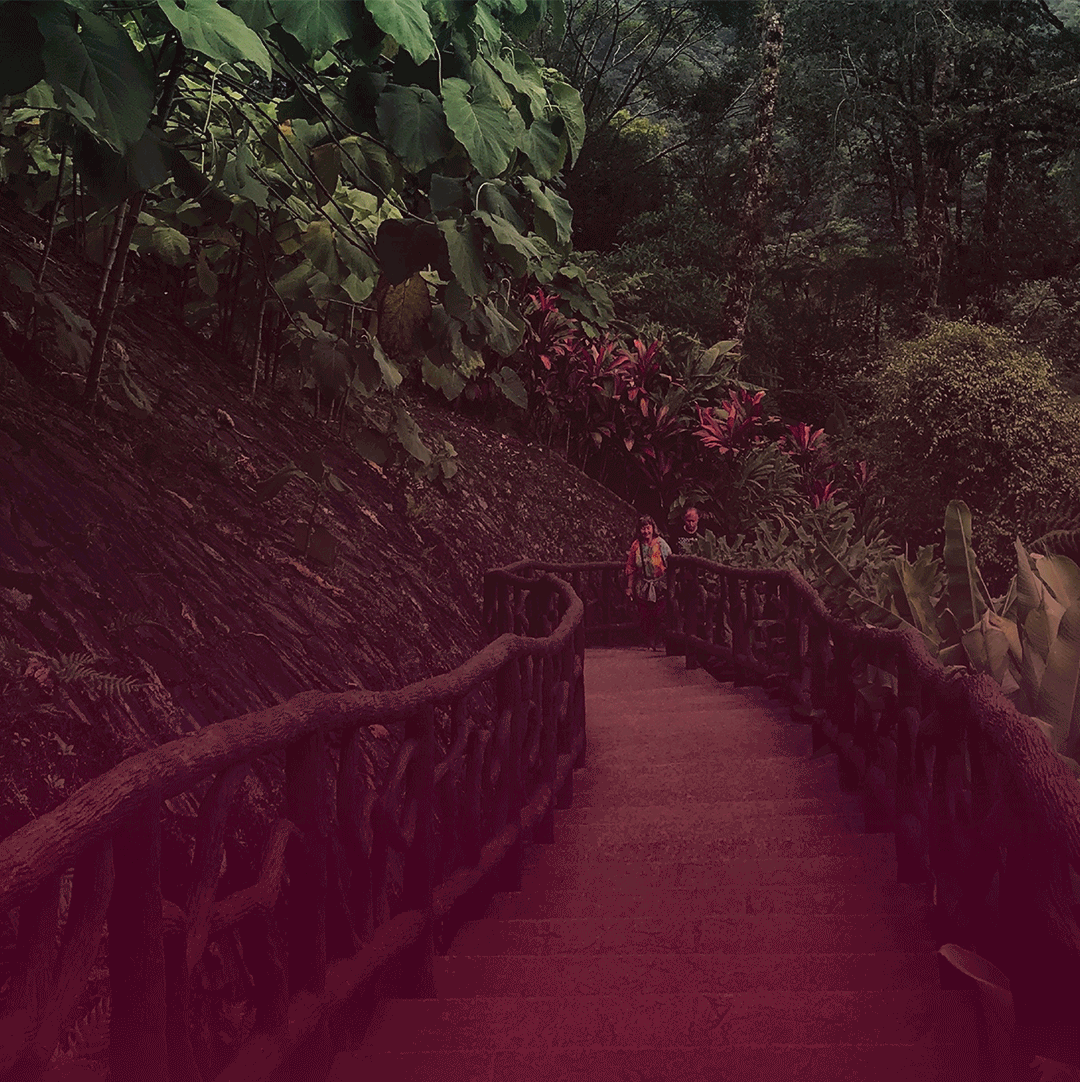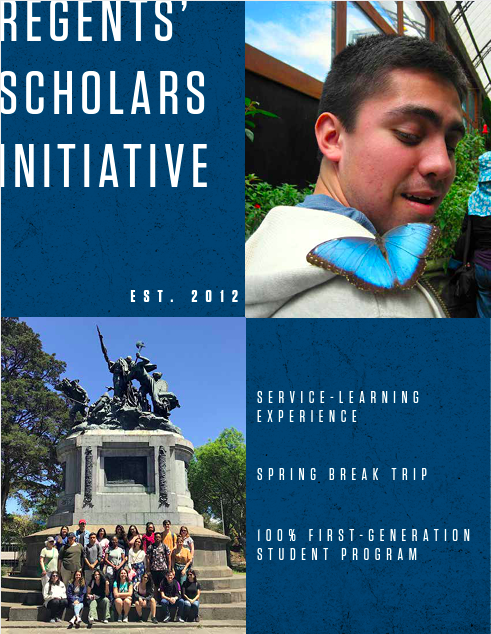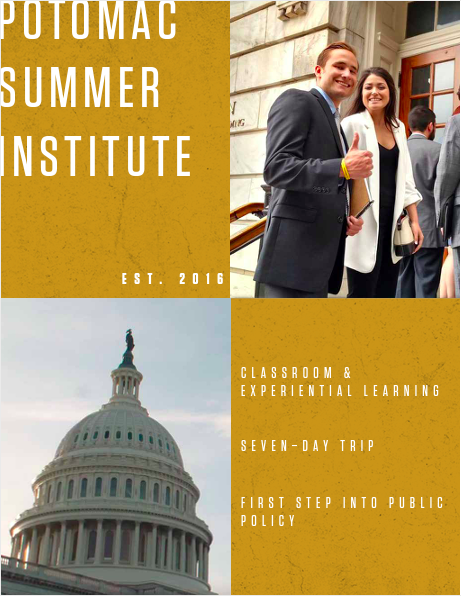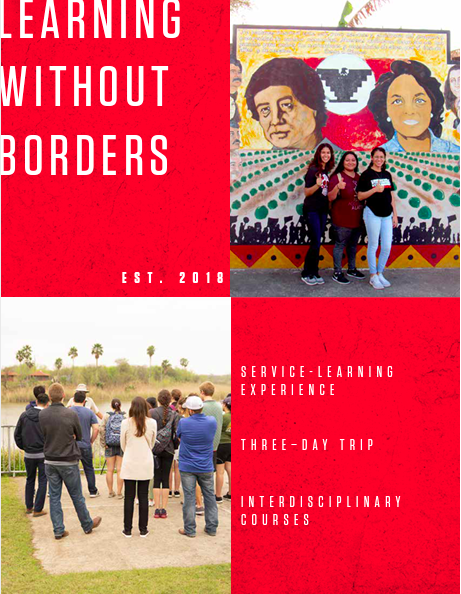We Are Liberal Arts
If we are what we do, then the students and faculty who participate in these traveling education programs are better informed liberal arts advocates thanks to the donors who support them.

By Alix Poth ’18 and Rachel Knight ’18
Walking the stage at graduation should not be the farthest journey college students make. Traveling programs, like those offered in the College of Liberal Arts, help Texas A&M University graduates become global leaders before receiving their degrees. Aggies who study off campus continue to make globally informed decisions long after their diplomas are hung in corner offices.
Texas A&M is the number one public university for sending students abroad, according to the Institute of International Education — the College of Liberal Arts is a huge contributor to this ranking. Despite that, only 12 percent of undergraduates in the college study abroad before graduation, due partly to lack of funding. Generous supporters of these programs can enable more Aggies to impact the world, and the world to impact more Aggies.
Christie Dunn, international programs manager in the College of Liberal Arts, sees the immediate value of teaching students to apply their knowledge internationally beyond the classroom setting.
“These programs provide experiential learning,” Dunn explained. “They give students an opportunity to get off campus, see their learning in action, and experience it firsthand. In addition to that, these programs provide the chance for students to see the full dimensions of their major field of study and develop intercultural competence.”
Global education programs in the College of Liberal Arts place Aggies among top job candidates and inspire them to become lifelong learners and engaged citizens.
“There are hundreds of programs for students to choose from, but if they see study abroad as a luxury that they cannot afford rather than an integral part of their studies, they are much less likely to participate,” Dunn said. “Donors who support programs and program scholarships are a key component of expanding study abroad participation.”
Regents’ Scholars Initiative

As a freshman at Texas A&M University, Vanessa Hernandez ‘22 was surprised to find herself 31,000 feet in the air on her way to Costa Rica. But there she was, traveling with the College of Liberal Arts Regents’ Scholars Initiative (RSI) community—a group of first-generation college students focused on gaining academic success skills, engaging with the college and university, and developing leadership skills. As one of the 80 students in the college’s RSI program, Hernandez was about to broaden her horizons, literally and figuratively.
“I’ve always wanted to travel,” Hernandez said. “The more you get to explore, the more insight you get into what you do.”
College of Liberal Arts RSI students are also recipients of the Regents’ Scholarship, which is designed to assist first-generation college students in achieving their educational goals at Texas A&M.
“It is such a big help,” Khiara Estrada ‘22, an RSI community member, said. “Because of this scholarship, I was able to come to my dream school.”
Regents’ Scholarship recipients receive up to $5,000 per year for up to four years. However, the scholarship doesn’t include a study abroad experience; that funding is provided by the college, for which international experience is a priority.
Hernandez anticipated some of the opportunities RSI offered, such as the small weekly meetings led by peer mentors, who are upper-level former RSI students themselves, and attending local events like guest lectures. However, she did not anticipate gaining an international experience, particularly so early in her academic career.
“I never thought I’d be going abroad my freshman year,” Hernandez said. “It’s great that the College of Liberal Arts allows us to do this. I know there are other students in other colleges who don’t have the chance to study abroad their freshmen year.”
Dunn said many RSI students have never traveled outside of Texas, much less the United States, before studying in Costa Rica as an RSI participant.
“The purpose is to expose the Regent Scholars to something new and to provide them an opportunity to grow and develop some intercultural competence as well,” Dunn said. “The students have a renewed sense of confidence in their own abilities and a new sense of understanding that they can take with them moving forward.”
Students like Ronaldo Duran ‘22 view the spring break trip abroad as a valuable chance to gain international experiences while learning about selfless service.
“It helps us open our minds more,” Duran explained. “It helps us to be aware of what’s going on around the world and make a better future for ourselves.”
College of Liberal Arts RSI students start their freshman year with a flying leap, and finish it knowing that the sky is the limit in their future endeavors.
Potomac Summer Institute
 The next generation of our nation’s leaders aren’t only built inside a classroom; rather, they’re established as they see firsthand what leadership actually looks like. The Potomac Summer Institute (PSI) has positioned itself to provide that exact encounter for Aggies who are ready to become leaders in Washington, D.C.
The next generation of our nation’s leaders aren’t only built inside a classroom; rather, they’re established as they see firsthand what leadership actually looks like. The Potomac Summer Institute (PSI) has positioned itself to provide that exact encounter for Aggies who are ready to become leaders in Washington, D.C.
Joseph Ura, associate professor in the Department of Political Science, learned about American politics as an undergraduate at George Washington University in Washington, and desired to give Aggies that same type of participation.
“I wanted to make an educational program for undergraduate students to get a handle on what the practice of politics is like in D.C.,” Ura said. “The goal is to connect what students are learning in the classroom with people who are actually doing that job.”
The PSI is designed to be the stepping stone for Aggies to go from studying political science to pursuing careers in public policy and service. Students fly to Washington to spend seven days on Capitol Hill participating in both classroom-based learning and traveling around the city to meet with people working in different areas of public policy. Elected and appointed public officials, government staff members, lobbyists, journalists, and scholars meet with the students throughout the week.
“When you take a diverse group of students from across Texas, have them spend a week in Washington talking with people from both sides of the aisle, and from all parts of the policy-making process, they come out in the end that much more prepared to have those conversations,” Ura said. “They identify a place for themselves in the process of leading this country forward.”
Political science students in the College of Liberal Arts are uniquely equipped to launch into the world of public service. According to Ura, exceptional department faculty approach politics from a variety of subfields and are eager to share that interdisciplinary approach with students. A background in political science prepares students for a wide variety of careers in Washington.
Bill Flores ‘76, former Representative for 17th District of Texas, knows of the strong presence of Aggies in the nation’s capital. “If you look around congressional staffs, you’ll find probably 200 Aggies that work on Capitol Hill, at least,” he said.
Former student Bethany Irvine ‘18 is one such Aggie who currently works in Washington, and credits the PSI for providing a life changing opportunity during her undergraduate years at Texas A&M.
“Without the Potomac Summer Institute program, I don’t even think I would be here,” Irvine said. “It provided me a leg up in my career, but also allowed me to network, meet people, and make Aggie connections up here in D.C.”
Dialogue in our divided country can seem difficult now more than ever. Students need the tools and the background to meet these challenges, which is precisely what is provided in the study of political science and epitomized in the PSI.
“Potomac Summer Institute is the capstone of equipping students,” Ura said. “It makes them that much more prepared for leading the country forward.”
Learning Without Borders
 The U.S. and Mexico border is a breeding ground for debate in American politics, with unending talk about the proposed border wall. In a 2018 survey, Pew Research found that “the vast majority of immigrants in the U.S. are in the country legally—but fewer than half of Americans know that’s the case.”
The U.S. and Mexico border is a breeding ground for debate in American politics, with unending talk about the proposed border wall. In a 2018 survey, Pew Research found that “the vast majority of immigrants in the U.S. are in the country legally—but fewer than half of Americans know that’s the case.”
There may be a vast lack of understanding of what life actually looks like along these “borderlands,” with which comes a greater chance of misrepresenting reality. Department of History associate professor Sonia Hernandez sought to be a part of the solution to close the gap of the borderlands’ misunderstanding.
Beginning in the fall of 2018, Hernandez, along with associate professor Francisco Olivera from the College of Engineering, began using funding from a $289,000 Tier One grant to bring together students from different majors to study the Texas and Mexico borderlands region. The grant funded the program for two years; additional funding is now sought to keep Aggies learning without borders.
In the spring of 2019, Texas A&M University School of Law professor Luz Herrera also participated with a group of fifteen law students, which highlights the interdisciplinary nature of the program.
“Students work collaboratively on projects related to the border from different disciplinary angles, with an opportunity to know one of the most misrepresented corners of our nation,” Hernandez said about the project, which includes the course Mexican-American history. “At the same time, they get to learn to appreciate cultural differences as field researchers and observers. It’s learning without borders.”
The bulk of the grant funded the three-day trip to the borderlands each semester, where approximately 100 students conducted field research that was shared on a project website. Students developed brochures and reports on topics related to the U.S.-Mexican borderlands that covered disaster relief, immigration policies, and education, among other issues.
The counties in the South Texas borderlands are home to more than 1,500 current and former Texas A&M students. One economics student, Diana Mercado ‘19, traveled to the borderlands in 2019 as a part of the course.
“We are all influenced by the people we talk to or the media we see,” Mercado said. “We have this one image the way the world is, but it’s not until you actually get there that you see how everything interlocks.”
Similarly, Hernandez believes the borderlands are part of the greater narrative of American history. “The borderlands are not this monolithic thing. Everything is interrelated, so we can’t understand the region in isolation,” she said.
Indeed, the importance of this program lies in its interdisciplinary crossover. Supporting this effort builds stronger bridges in the borderlands and beyond.
“This is a transformational learning and research opportunity that gets students to interact with each other outside of their majors,” Hernandez said. “It’s bridging the gap between the hard sciences and the humanities. Students also have the opportunity to interact with border residents and workers. I think we’ve produced a new kind of research.”
